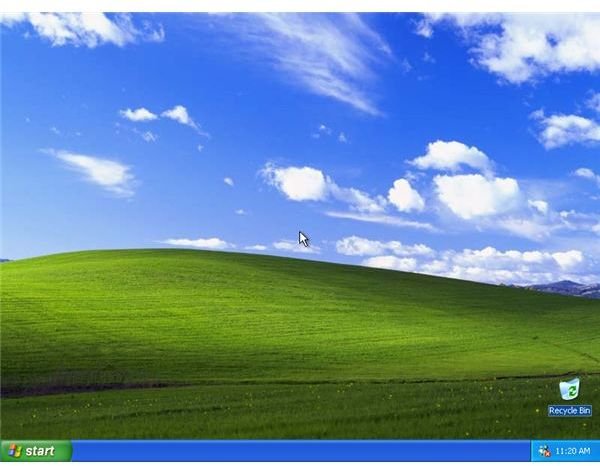Is Microsoft Trying to Destroy Windows XP?
End of Support for Windows XP
Mainstream support for Windows XP ended on April 14, 2009, causing the operating system to move into what is known as an “extended support” phase. Extended support means that the operating system and its service packs will still be supported, though that support will phase out in the order that the service packs were released. Versions of Windows with no service packs installed were no longer supported as of the end of mainstream support, and each service pack is only supported for 24 months after the release of the next service pack. This means that Windows XP Service Pack 2 (which many XP users still have installed) ended support on July 13, 2010. With so many users having lost support for the service pack that they had installed, many seemed to think that Microsoft is purposefully trying to destroy Windows XP to force upgrades to Windows Vista and Windows 7.
Why Is Microsoft Ending Support?
Support for Windows XP and its service packs is ending because of Microsoft’s support lifecycle policy, detailed here. This policy determines how long their software will be supported with feature changes, security updates, and both free and paid support directly from Microsoft. They have begun the end of support for XP because the operating system is reaching the end of its product life; it has nothing to do with the company trying to destroy Windows XP. Though there is still a large userbase that enjoys the XP operating system, Microsoft has moved on to an entirely new operating system archetecture with their newer OS releases. They can’t continue indefinitely supporting products which are programmed in a drastically different way than the products that they are currently developing.
What This Means for XP Users
Though support for Windows XP Service Pack 2 ended in July of 2010, extended support for Service Pack 3 will continue until April 8, 2014. Users of Windows XP simply need to make sure that their operating system has been updated with SP3 to be able to receive security updates for thee more years. Even after support for Service Pack 3 has ended, Windows XP installations will still function normally and Microsoft’s self-help knowledgebase for XP will remain online for users to access. Those who wish to keep using a supported operating system will need to upgrade to either Windows Vista or Windows 7. If they don’t like those options, Windows 8 is due to be on the market by then as well.
XP Isn’t Alone
To further prove that Microsoft isn’t trying to destroy Windows XP, XP isn’t the only Microsoft operating system that is progressing through its lifecycle. Support for unupdated versions of Windows Vista has already been ended, and Windows Vista Service Pack 1 is scheduled to end support on July 12, 2011. Just as Windows XP is gradually being phased out to make way for Microsoft’s newer operating systems, so too is Windows Vista being phased out as new service packs are released. Other Microsoft software such as the Microsoft Office productivity suites see similar phasing out of service as they age and new versions are released.
Image Credit: Windows XP, copyright Microsoft Corp.
